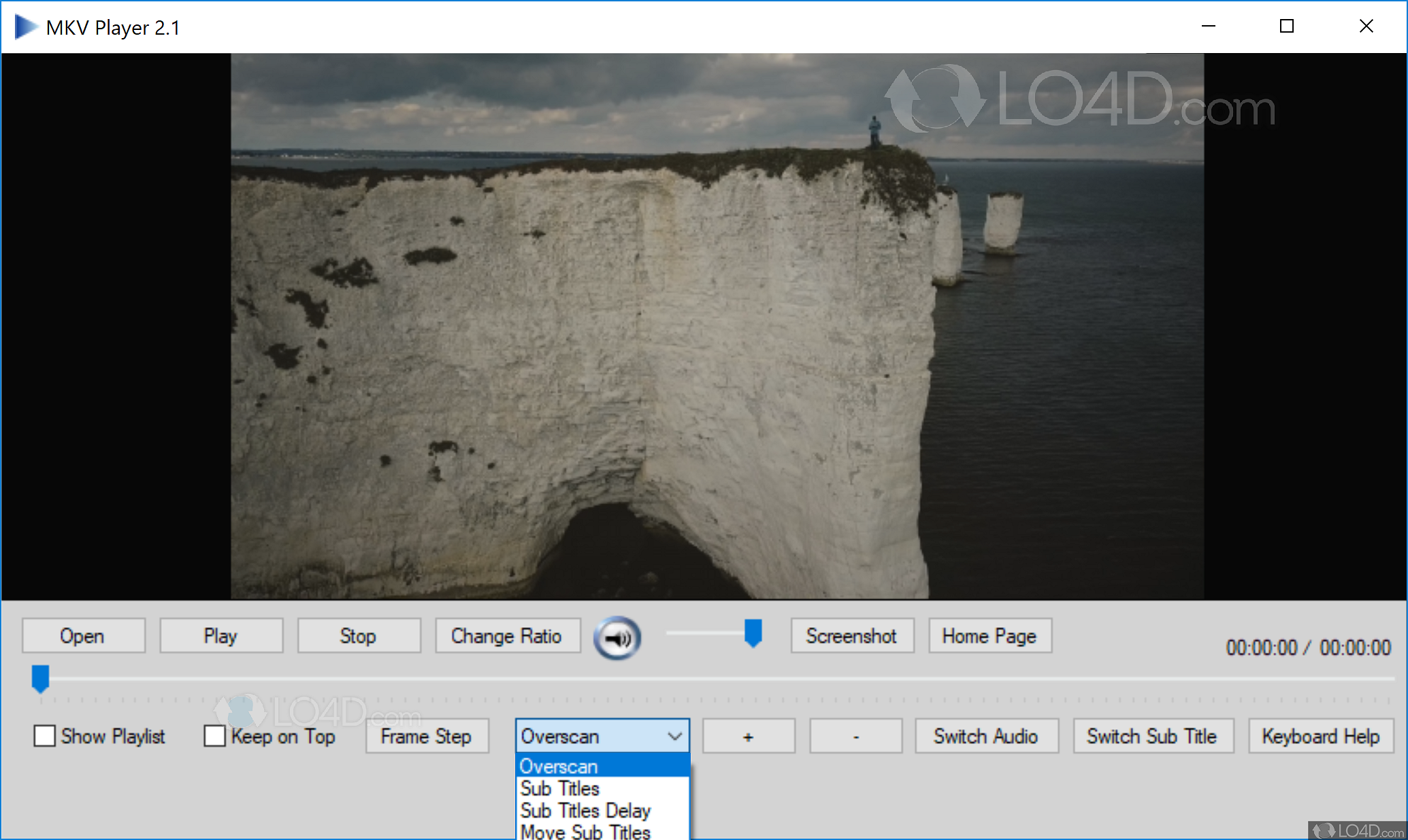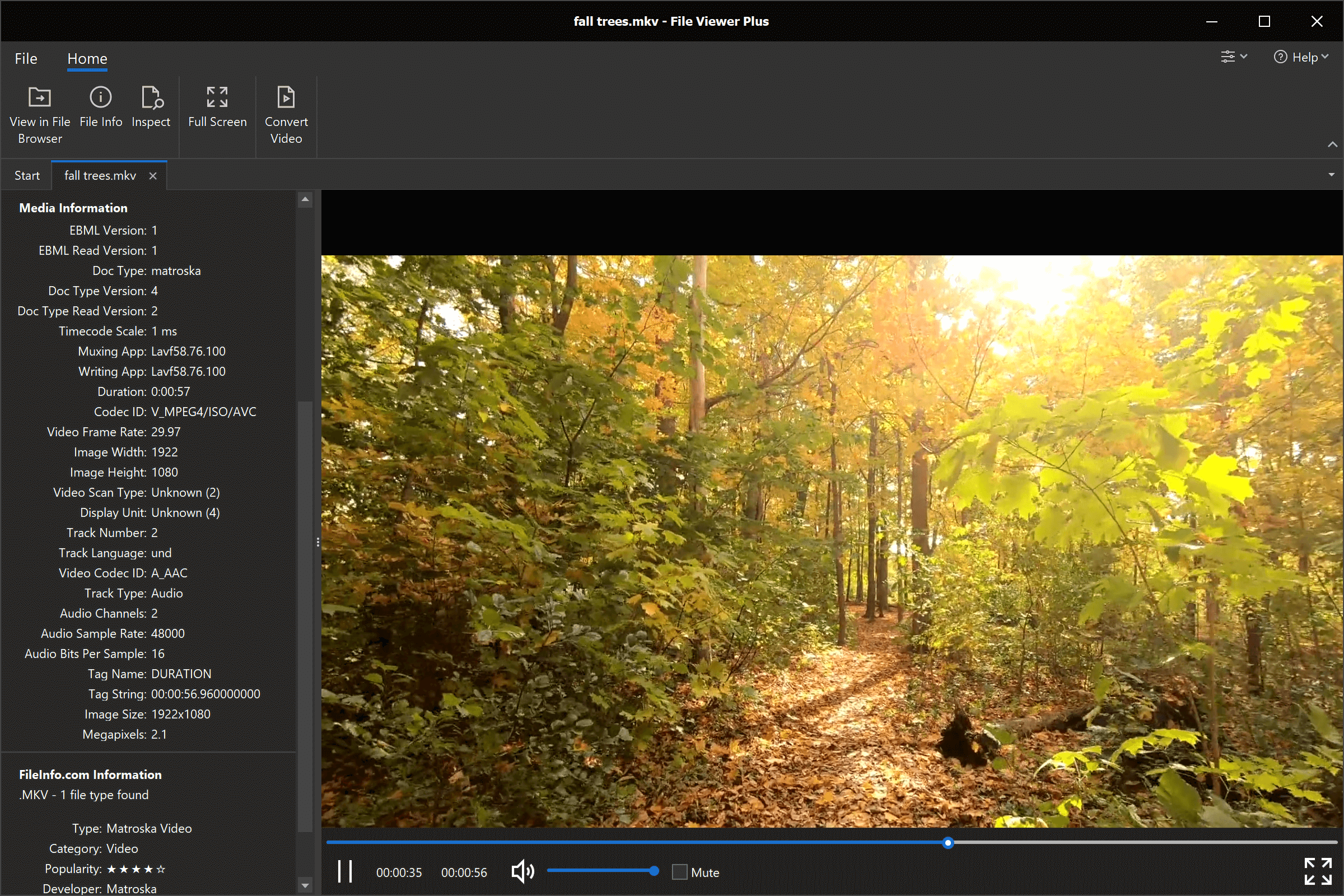Hey there, video enthusiasts! If you're diving into the world of digital media, you've probably come across the term "MKV formats." But what exactly does it mean? Why should you care about this file type? Well, buckle up because we're about to break it down in a way that's easy to digest and packed with actionable insights. Whether you're a casual viewer or a tech-savvy guru, understanding MKV formats can revolutionize how you handle your video files.
Let's face it—videos are everywhere. From streaming platforms to personal archives, we're constantly surrounded by digital content. And when it comes to storing or sharing those videos, the format you choose matters. Enter MKV, a versatile container that's taking the media world by storm. But before we dive deep, let's set the stage: MKV isn't just another file type—it's a game-changer.
So, why are we talking about MKV formats today? Because they offer unparalleled flexibility, quality, and compatibility. Whether you're editing videos, streaming movies, or simply storing your favorite clips, MKV has got your back. Stick around, and we'll explore everything you need to know about this powerhouse format. No fluff, just pure value.
Read also:Tamilblasters Forum Your Ultimate Guide To The World Of Tamil Movies
Now that we've set the tone, let's get into the nitty-gritty. Here's a quick roadmap to help you navigate this guide:
- What is MKV Format?
- Benefits of Using MKV Formats
- MKV vs. MP4: Which One Reigns Supreme?
- How to Play MKV Files
- Converting MKV Files
- Editing MKV Files
- MKV Compatibility Across Devices
- Metadata Support in MKV Formats
- Troubleshooting Common MKV Issues
- Final Thoughts
What is MKV Format?
Alright, let's start with the basics. MKV, short for Matroska Video, is an open-standard container format designed to hold an unlimited number of video, audio, picture, or subtitle tracks in a single file. Think of it as a digital Swiss Army knife for multimedia content. Unlike other formats that limit what you can store, MKV embraces versatility, making it a favorite among tech-savvy users.
Here's the kicker: MKV isn't just a file extension; it's a philosophy. It's all about flexibility and adaptability. Whether you're working with high-definition videos, surround sound audio, or complex subtitles, MKV can handle it all without breaking a sweat. And the best part? It's free from proprietary restrictions, meaning you won't be locked into any specific software or platform.
Key Features of MKV Formats
Let's break down what makes MKV so special:
- Multi-Track Support: Need multiple audio tracks for different languages? No problem. MKV's got you covered.
- Subtitles Integration: Forget external subtitle files. MKV allows you to embed subtitles directly into the video.
- Lossless Compression: Want to preserve the highest quality without bloating file sizes? MKV strikes the perfect balance.
- Extensibility: As technology evolves, MKV can adapt to new codecs and features, ensuring future-proofing.
So, whether you're a casual watcher or a professional editor, MKV offers something for everyone. Now, let's dive deeper into why you should consider switching to this format.
Benefits of Using MKV Formats
Now that we know what MKV is, let's talk about why it's worth your time. Here's a rundown of the top benefits:
Read also:Kate Bolduan Illness Understanding The Health Challenges Of A Beloved Anchor
1. Superior Compatibility
One of the biggest advantages of MKV is its ability to work seamlessly across a wide range of devices and platforms. Whether you're using Windows, macOS, Linux, or even mobile devices, chances are you can play MKV files without any hassle. And if you do encounter issues, there are plenty of free players and tools to help you out.
2. Enhanced Quality
Quality is king, and MKV delivers in spades. By supporting lossless compression and advanced codecs, MKV ensures that your videos look and sound their best. This makes it ideal for high-definition content, where every pixel matters.
3. Customization Galore
Let's say you're watching a movie with friends, and not everyone speaks the same language. With MKV, you can include multiple audio tracks and subtitles, allowing each person to choose their preferred option. It's like having a personal translator built into your video files.
MKV vs. MP4: Which One Reigns Supreme?
This is a question that comes up a lot, and for good reason. Both MKV and MP4 are popular video formats, but they cater to slightly different needs. Here's a quick comparison:
MP4: The Universal Favorite
MP4 is widely regarded as the go-to format for streaming platforms and mobile devices. It's lightweight, easy to use, and universally supported. However, it lacks some of the advanced features that MKV offers, such as multi-track support and subtitle embedding.
MKV: The Powerhouse
If you're looking for flexibility and customization, MKV is the clear winner. It's the perfect choice for users who want to push the boundaries of what their video files can do. While it may not be as widely supported as MP4, its advantages often outweigh this limitation.
Ultimately, the choice between MKV and MP4 depends on your specific needs. If you prioritize simplicity and compatibility, MP4 might be the way to go. But if you're all about maximizing quality and functionality, MKV is the format for you.
How to Play MKV Files
Now that you're sold on MKV, let's talk about how to play these files. Don't worry—it's easier than you think. Here are some of the best players and methods:
1. VLC Media Player
VLC is a free, open-source player that supports virtually every format under the sun, including MKV. It's lightweight, user-friendly, and packed with features. If you don't already have VLC installed, download it now—it's a must-have for any video enthusiast.
2. KMPlayer
Another great option is KMPlayer, which offers advanced playback controls and support for a wide range of formats. It's particularly useful if you're dealing with complex MKV files that require fine-tuning.
3. Online Players
If you're on the go and don't want to install anything, there are plenty of online players that can handle MKV files. Just make sure to choose a reputable service to avoid security risks.
Remember, playing MKV files is only half the battle. To truly unlock their potential, you'll need to know how to edit and convert them. Let's dive into that next.
Converting MKV Files
There may come a time when you need to convert your MKV files into another format, whether for compatibility or convenience. Here's how you can do it:
Using HandBrake
HandBrake is a free, open-source tool that lets you convert MKV files into a variety of formats, including MP4, AVI, and more. It's easy to use and offers a range of customization options, so you can tailor the output to your liking.
Online Converters
If you're short on time, online converters can be a lifesaver. Just upload your MKV file, select the desired format, and let the tool do the rest. Again, make sure to use a trusted service to protect your data.
Whatever method you choose, converting MKV files is a breeze. Just remember to keep backups of your originals, just in case.
Editing MKV Files
Editing MKV files is where things get really interesting. Whether you're trimming clips, adding subtitles, or adjusting audio tracks, MKV gives you the freedom to do it all. Here's how:
Using MKVToolNix
MKVToolNix is a powerful suite of tools specifically designed for working with MKV files. It allows you to merge, split, and edit MKV files with precision. If you're serious about mastering MKV, this is the tool for you.
Basic Editing Tips
Even if you're not a professional editor, there are simple tweaks you can make to enhance your MKV files. For example:
- Trimming unnecessary parts to save space.
- Adding subtitles for better accessibility.
- Adjusting audio levels for a more balanced experience.
With the right tools and techniques, editing MKV files can be both fun and rewarding.
MKV Compatibility Across Devices
One of the biggest concerns with MKV files is compatibility. While they're widely supported on desktop platforms, some mobile devices and streaming services may not play nice. Here's what you need to know:
Desktop Compatibility
As we mentioned earlier, MKV works seamlessly on most desktop operating systems. Just make sure you have the right player installed, and you'll be good to go.
Mobile Devices
On mobile, things can get a little trickier. Some devices, like Android phones, have native support for MKV, while others may require third-party apps. If you're using an iPhone, for example, you'll need to convert your MKV files or use a compatible player like VLC.
Streaming Platforms
When it comes to streaming, MKV isn't always the first choice. Platforms like YouTube and Netflix prefer MP4 due to its smaller file size and wider compatibility. However, if you're hosting your own content, MKV can offer superior quality and flexibility.
Metadata Support in MKV Formats
Metadata is the unsung hero of digital media, providing valuable information about your files. MKV excels in this area, allowing you to embed detailed metadata directly into your videos. Here's what you can include:
- Title and description
- Author and copyright information
- Chapter markers for easy navigation
- Custom tags for organization
By leveraging metadata, you can make your MKV files more informative and easier to manage. It's a small detail that can make a big difference.
Troubleshooting Common MKV Issues
Even with all its advantages, MKV isn't immune to issues. Here are some common problems and how to fix them:
1. Playback Issues
If your MKV file won't play, try updating your media player or installing the necessary codecs. In some cases, converting the file to a different format may be the best solution.
2. Subtitle Problems
Subtitles not showing up? Make sure they're properly embedded in the file or select the correct track in your player. You can also try adjusting the subtitle settings for better synchronization.
3. File Corruption
If your MKV file is corrupted, try repairing it using a dedicated tool like MKVToolNix. In extreme cases, you may need to extract the contents and reassemble them into a new file.
With these tips, you'll be able to tackle most MKV-related issues with confidence.
Final Thoughts
And there you have it—a comprehensive guide to MKV formats. From understanding the basics to mastering advanced techniques, we've covered everything you need to know to get the most out of this versatile format.
So, what's next? If you're new to MKV, start by experimenting with some sample files. Try playing them on different devices, editing them with MKVToolNix, or embedding subtitles to see how it all works. And if you're already a fan, consider sharing this guide with others who might benefit from it.
Remember, the world of digital media is constantly evolving, and staying informed is key to success. Keep exploring, keep


![MKV Cinema Download Latest Bollywood Movies [2024]](https://eknownz.com/wp-content/uploads/2023/07/MKV-Cinema.png)